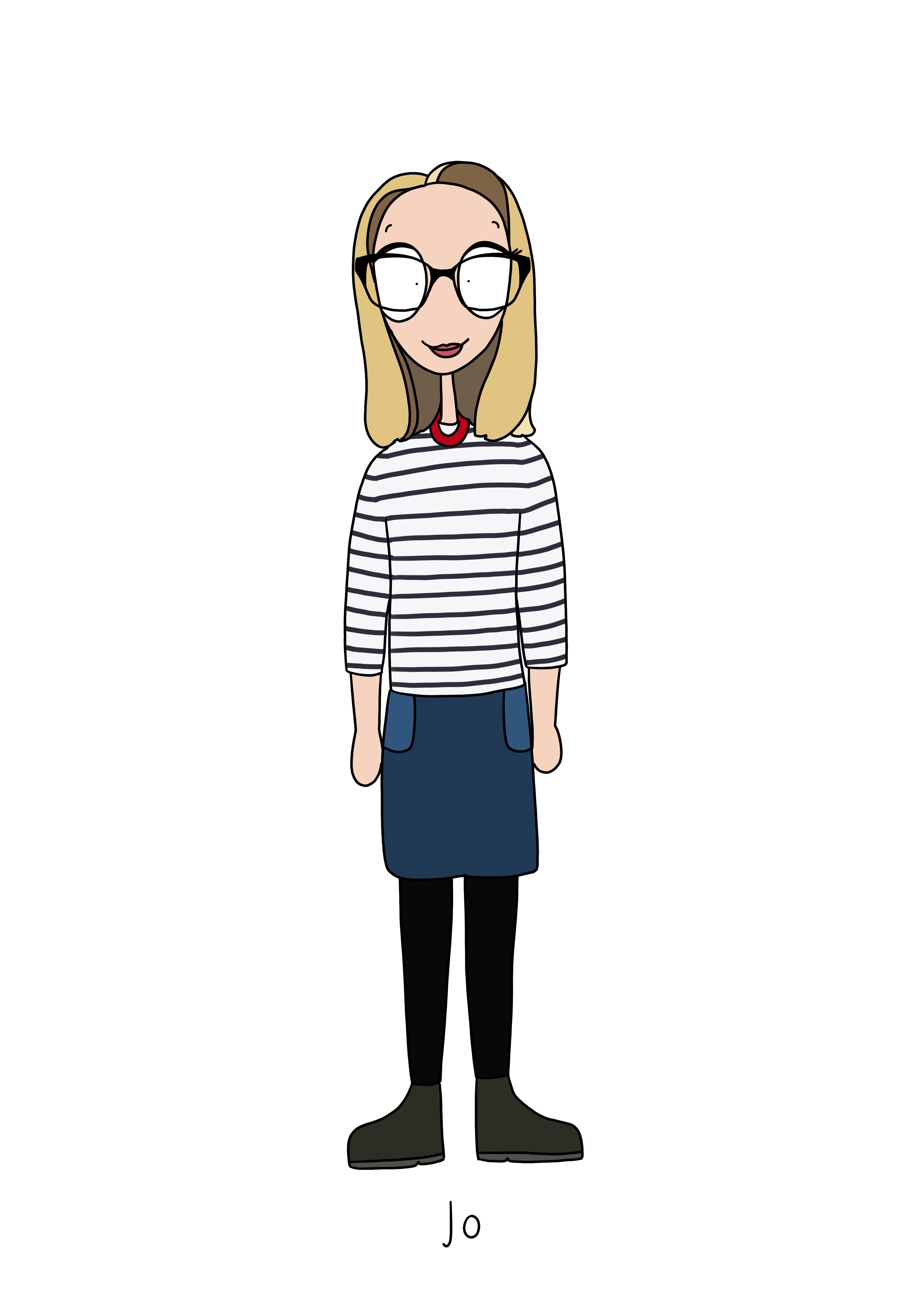Keywords. Eight letters that fill many clients with dread, conjuring up a vision of something so complex, technical and mystical, nobody understands it.
Are you one of those people who would rather run a marathon than tackle keywords on your website?
If so, this blog will help. We’re going to share our know-how and de-mystify the concept of keywords.
Keywords help you connect with your audience
In reality, keywords aren’t scary. They help you connect with your customer. Think of them as the superglue that brings your website and audience together. If both of you match the same keywords, the result is just like winning a game of snap!
You probably use keywords every day and don’t even think about it. When you want to find something online, like local information or the answer to a question, what words do you type into Google?
These are a few of our own recent searches, packed full of keywords that will match us to the information we need:
- Halfords opening times
- How to make a slow cooker curry
- What is Adobe Dimensions?
Why are keywords so important online?
Keywords are the search terms and phrases your clients or customers might type into Google to find you. Google wants you to tell it what kind of enquiries you’re looking for. When search engines understand this, they help people find exactly what they’re looking for first time – and generate free traffic to your website. It’s a win for everyone!
Keywords sit in two places on your website – behind the scenes and in the body of your website pages. You can choose different keywords for different pages and sections of your website, e.g. to promote the different services you provide.
A good method for choosing keywords is to step outside of your organisation and into your client, customer or service-user’s shoes. If you were in their position, what words or questions would you type into Google to find what you want?
Different types of keywords and how to incorporate them into your website
There are two types of keywords online: focus keywords and long-tail keywords. It’s a good idea to try and incorporate both into your content.
Focus keywords are the words that describe what’s on your web page. They are usually the most common words you associate with your organisation, product or service, e.g. counselling, design, construction.
Long-tail keywords are the longer phrases or questions that describe a specific product or service in more detail.
Product example: Ladies jumper red wool size 14-16 UK. This information might go into a product summary, heading or description.
Service example: What time does Sainsbury’s Nantwich open? This could be the main heading on your page.
Keyword hints and tips
- There’s a lot of competition for popular keywords so it’s worth doing some research before you start. You could invest in a keyword search platform, check Google Analytics for guidance (or ask your favourite marketing agency to do it for you!).
- Research should involve humans as well as robots. Ask friends, family and customers what words or phrases they would use to find your service. If you have the budget, focus groups are a brilliant resource for throwing up golden nuggets you might never have considered.
- Check out Google trends for guidance on what people are searching for.
- After doing your research, choose the questions, words and phrases YOU want to be found for, not necessarily what other professionals suggest.
- Use your common sense – don’t use a keyword because it’s easy or a website suggests it. Keyword search tools are helpful but at the end of the day they are robots and not the humans using your service or buying your product.
- Get the thesaurus out and think of alternative words to express your chosen keywords. Use a variety of words and terms in your content. It adds interest, satisfies the bots, and stops your reader getting bored from reading the same word all the time.
- Avoid putting too many of the same keywords and phrases in your content. This is called ‘Keyword stuffing’ and Google is not a fan. Think like a human being. Read your content back to yourself. If you find it repetitive your reader will too.
Make a date with potential clients
Don’t be afraid of keywords. They are your digital match-making friend, working away in the background to find you your ideal client.
If you’d like any advice or help choosing keywords, get in touch for a chat.
Now read L is for LinkedIn >
Jo Grubb
Managing Director, JG Creative


